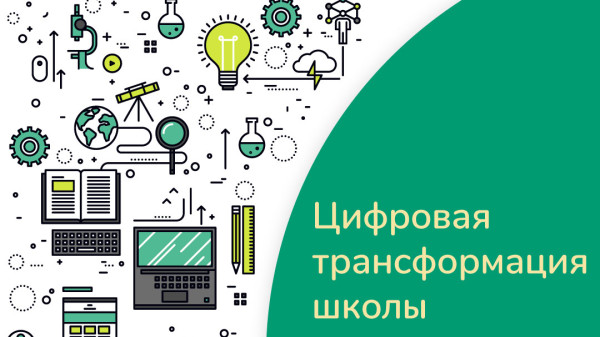
Introduction: Internet opens opportunities and demands from children and adolescents involvement and switching between different activities. While multitasking is typically defined as favorable skill to simultaneously regulate different activities (Lee and Taatgen, 2002, Oberauer and Kliegl, 2004), in adults it could lead to poorer performance (Furnham, Bradley, 1997, Foerde et al., 2006).
In adolescents it could be result of better digital skills or indicator of regulatory difficulties or Internet addiction.
Objectives: The aim was to study relationship between subjective multitasking in adolescents. digital competence and excessive Internet use.
Methods: 99 adolescents (53 males) 12-17 years old appraised (using Likert scale) how frequently they are doing several activities simultaneously and how successful they feel they are. Then they filled Excessive Internet Use Scale (Livingstone et al., 2012) and Index of Digital Competence (Soldatova, Rasskazova, 2014).
Results: 50.5% replied that they often or always are doing several activities and 32.3% felt that they are successful in any of the activities. There were no gender or age differences in frequency and satisfaction of multitask activities. Both excessive Internet
use and digital competence (online skills) predicted frequency of multitask activities (B=.20 and B=.22, R2=9.8%, p<.01) but not satisfaction with them.
Conclusions: Data suggests that frequency of multitasking online could be both related to better skills or excessive Internet use and should be further qualified by objective measures of effectivity.

